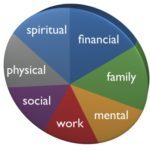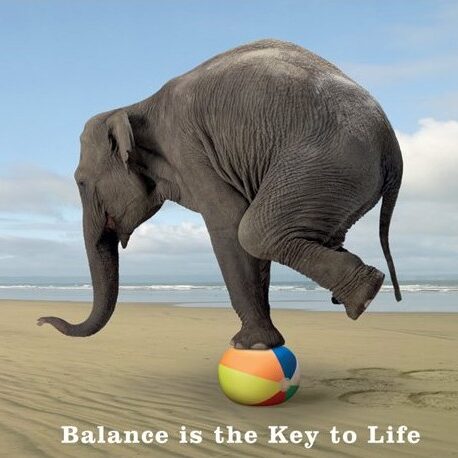
Commonly Understood
Codependence is commonly understood by the picture above. People most easily recognize codependence as it manifests in relationships. I studied Codependence with Pia Melody who has written and lectured extensively on this topic. The traits people normally ascribe to Codependent Relationships are:
- Too much Time Attention and Value put on the relationship at the expense of other healthy activities
- Feeling Enmeshed with the other person where their thoughts and feelings become confused with your own.
- High levels of Dishonesty within the relationship out of fear of losing the other or how they will react to the truth.
- Depending too much on the other person as the source of happiness in life.
- High levels of intensity in the relationship. i.e. Abusive fights followed by passionate make-ups.
Actual Malady
Codependence is so much more than how it manifests in relationships. The examples to the left describe a co-addicted or codependent relationship but codependency is something each individual suffers from. Codependence can best be defined as having 5 Core Symptoms (see below). These Core Issues manifest from Developmental and Relational Trauma in Childhood. The 5 Core Issues then drive Secondary Symptoms that create unmanageability in life and in turn manifest in the 5 types of relational problems outlined to the left.
I'm trained to treat Codependence with Cognitive Behavioral Therapy (CBT) to address the Core Issues as well as Secondary and Relational Problems. I also use Trauma Treatment modalities to help resolve the Developmental and Relational Trauma from childhood.
5 Core Issues
According to the training by Pia Mellody, Codependency is a disease that is defined by the 5 Core Issues below. She also refers to these as "Developmental Immaturity Issues". Living with any one of these issues can be intolerable and cause us to engage in relationships in a very unhealthy manner. The good news is that Codependency is absolutely treatable and many thousands of people are recovering.

Self Esteem Issues
Self Esteem aka Self Love is founded in the concept of Inherent Self Worth. Developmental Trauma causes many of us to connect our worth to our behaviors, appearances, belongings and other external factors. We compensate by controlling our environment in order to feel adequate.

Boundary Issues
Personal Boundaries provide protection and containment while in contact with others. Relational Trauma damages our boundary system and we adapt in various ways. We may have very poor boundaries and let too much in or out (no filter). We may "wall off" to protect ourselves and not let anything in or allow anyone to know us.

Reality Issues
We form our Reality by interpreting the external world through our senses. Childhood Trauma can adversely affect the way we interpret information coming in through our senses. When we have a distorted sense of reality, the external world may seems overly threatening or we may not have an accurate image of self and others.

Dependency Issues
Dependency Issues are really about Self Care. The ability to determine the difference between Needs and Wants is at the core of this issue. Relational Trauma may cause us to either require others to provide for our needs or we may take on too much responsibility for others' needs. This can cause chaos in relationships.

Moderation Issues
Balance really is the key to everything. When all the prior issues are unaddressed, an individual will be out of balance. Our ability to moderate becomes damaged when the nervous system overreacts (or under reacts) to events in the present. This may cause us to either be Out Of Control or Overly Controlling.